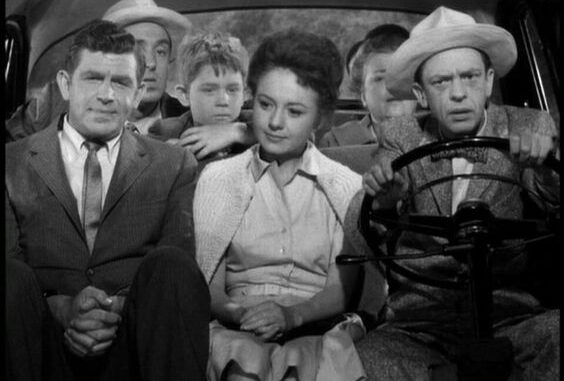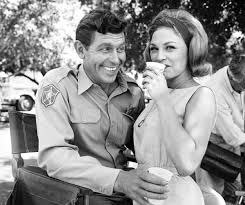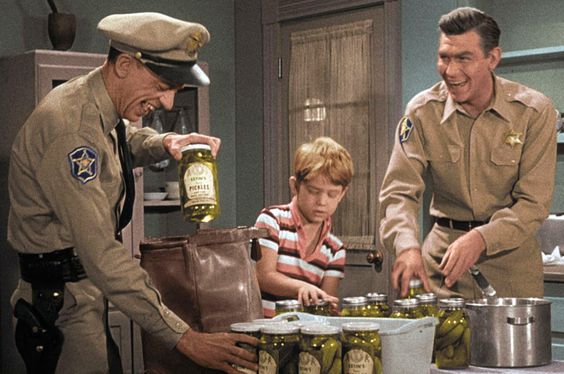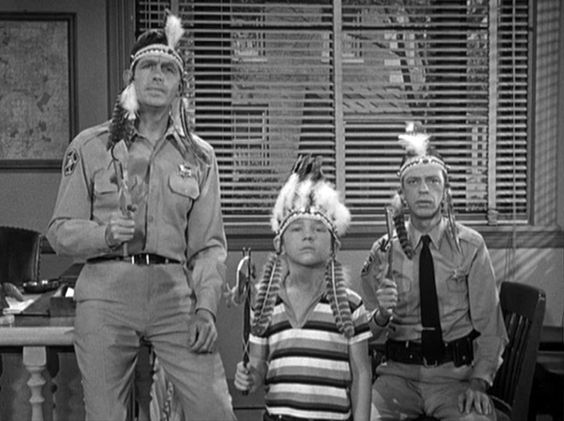
11 reasons you need to see seasons six, seven and eight of this classic sitcom
Pity poor Jack Burns. He had some sizable shoes to fill. In 1965, the comedian, the partner of George Carlin in the Burns & Carlin comedy team, was tasked with replacing Don Knotts on The Andy Griffith Show. The multiple-Emmy-winning actor stepped away from the hit series after season five to pursue a film career. Barney Fife was no longer regular character. Instead, audiences were left with Burns as the new deputy, Warren Ferguson.
That was not the only significant change for The Andy Griffith Show in season six. The show went full color for the first time, splashing Mayberry across the screen with a bright palette.
The three color seasons tend to be somewhat divisive with fans. Warren Furguson shoulders much of the blame, but the character only appears in 11 episodes before mysteriously vanishing to wherever Chuck Cunningham went.
In some ways, seasons six, seven and eight feel like a sequel series. The charm was still there, and new faces allowed writers to explore new facets of beloved characters Andy, Opie and Aunt Bee.
Here are 11 reasons for you to fall in love with these later stories.
1. Howard Sprague is a wonderfully milquetoast character.
The color seasons explore more of Mayberry and its other citizens. Most notably, we see a lot of Howard Sprague. He’s a lovable sap and he only appears in the color episodes. The mama’s boy of Mayberry essentially set the template for modern characters like Seymour Skinner on The Simpsons. The goof attempts stand up comedy in a memorable storyline.
2. Ron Howard’s favorite episode is in color.
“The Ball Game” was based on a real-life experience of Ron Howard and his father. The story centers on Andy Taylor serving as an umpire for Opie’s championship baseball game. Andy has reservations about serving as an umpire and showing favoritism, so he decides to play fair. However, the town turns against its own sheriff when he calls out his son at home plate, forcing the Mayberry Giants to lose. “That had happened to me and my dad,” Howard told Larry King in 2013. “He called me out at home on a ball game that was on my birthday. I couldn’t believe he called me out!”
3. Jack Nicholson shows up.
The legendary actor turns up in two episodes, as two different men. He first plays the father in “Opie Finds a Baby” and a year later takes the stand in court in “Aunt Bee, The Juror.” Alas, he does not yell, “You can’t handle the truth!”
4. Road trips!
We see more of Mayberry in the color seasons and we travel outside of Mayberry more often. It’s fun to watch the characters in unfamiliar, “big city” settings. The Taylors head to Hollywood, and the action shifts to Raleigh from time to time.
5. We get to see Barney’s life outside of Mayberry.
Don’t worry, Barney appears frequently in the later seasons. In “A Visit to Barney Fife” we get to see his humble apartment in Raleigh, with a view of city hall between two telephone poles. Andy’s former partner displays his hometown pride with a Mayberry High pennant hanging above his bed, and he has become a bit of an art lover, what with the prints of famous paintings like “The Laughing Cavalier” and “The Blue Boy” pinned by the door. He’s on a “culture kick,” he tells Andy.
6. We get to see Gavin MacLeod as Andy Taylor.
Ever wonder what someone else would be like as Andy Taylor? Well, the Sheriff himself is curious, which is why he heads to Hollywood to witness a production about his life. A wig-wearing Gavin MacLeod, the captain of The Love Boat himself, is playing the movie version of Sheriff Taylor.
7. Aunt Bee gets to do a lot more.
With Opie a little older, Aunt Bee’s child-rearing duties subside a bit, giving the housekeeper far more “me time.” She helps bring Chinese cuisine to Mayberry in “Aunt Bee’s Restaurant,” takes flying lessons in “Aunt Bee’s Big Moment,” gets a cooking show in “The Mayberry Chef” and goes on some hot dates.
8. The highest rated episode in the series came in season eight.
Don Knotts’ final appearance on TAGS came in season eight with “Barney Hosts a Summit Meeting.” The episode involves the former deputy arranging a meeting of U.S. and U.S.S.R. officials in the Taylor house, and was based on the actual 1967 summit conference of American and Russian statemen in Glassboro, New Jersey. The episode drew more viewers than any other for the series, and ranked amongst the highest-rated sitcom episodes of all time. It’s worth noting that Don Knotts won two of his Emmys for work in the color seasons.
9. Helen is more developed as a love interest.
The black and white seasons focus on Andy Taylor as a father, and do a wonderful job of depicting that relationship. In the color years, we get to see more of Andy as a lover and fiancé. Sure, Andy previously dated Ellie Walker and Peg McMillan, but those two hardly had the screen time and character development of Helen, who is a major figure in her own right. Overall, the women of Mayberry are more developed in the color seasons.
10. The older Opie is a richer character.
It’s a pleasure to see Opie take all those lessons from the early years and turn into a young man. We see that parenting pay off. Remember how Andy teaches Opie how to deal with a bully at the start of season two? Well, in the final season’s “Opie and Mike,” it is now the young Taylor passing along that advice. We also see Opie take his first job, join a rock band, and develop crushes. Older characters are typically a little more well rounded.
11. Mayberry is simply beautiful in color.
Yeah, this is pretty obvious — Mayberry in 1960s color is pretty. It’s a spectacle to behold the town and environs in the full spectrum.
